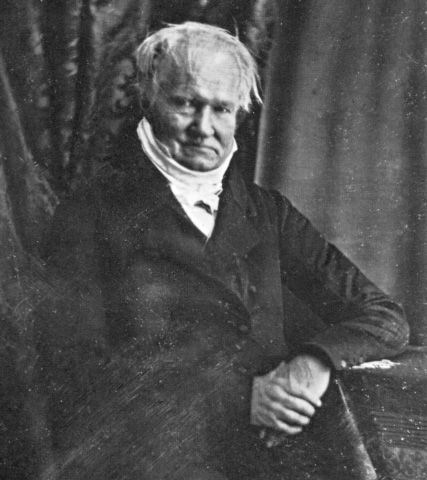Yet Day was thrust into the national spotlight late last year when the Catholic Church took a strong step forward in her canonization process and, in response, the New York Times saw the startling unanimity of the bishops as an opportunity to convert Day into the staging ground for an ideological battle between progressives and conservatives who both want to lay claim to contradictory visions of Day. Thankfully, the vision of the Times and the tumult it created has largely died down as devotees of Day apparently want to focus less on her partisan alignment and more on the example set by her life:
The thing to know about Dorothy Day is not where she fell on the ideological spectrum, it is that she chose to follow Jesus radically, right down to the core of her life, the rhythms of her day, the habits of her heart, the fervency of her prayers. She was intensely loyal to the Church, but not above criticizing some of its potentates. She was suspicious of power in any form, except the power of Jesus' love. She understood, and lived, the call to both love and serve the poor in ways that shame the rest of us. She is undoubtedly a saint. She is also undoubtedly not fit fodder for anyone's ideological cannon.
Curiously, and mostly in ignorance of the debates about her in the popular press, around the same time I picked up Day's autobiography, The Long Loneliness, with much the same intent I always approached her writings with, as part of a broader potential historical study of anarchism in America. What I found therein, however, thwarted my one-dimensional, narrow-minded attempts to distill Day into her philosophy of power and response to the problem of evil. Instead I found a multifaceted person, like so many of us more often unsure of herself than our constructed icons of ideological juggernauts typically allow. She was, in short, a human being, and the authenticity of her self disclosure in The Long Loneliness instilled in me a profound respect and admiration for her (even if I also walked away still uneasy about where she fits on the spectrum of anarchist thought) and created in me an intense interest in her canonization effort, still decades away from fruition, I suspect.
In the following weeks I would like to share some of the new sides of Dorothy Day, new to me at least, that I encountered in her writings. The act of compartmentalizing her personalty is perhaps not much better than flattening her into a suspect Christian anarchist, but, short of meeting her in flesh and blood (an opportunity sadly not available), I can think of no better way to encounter her than this.





